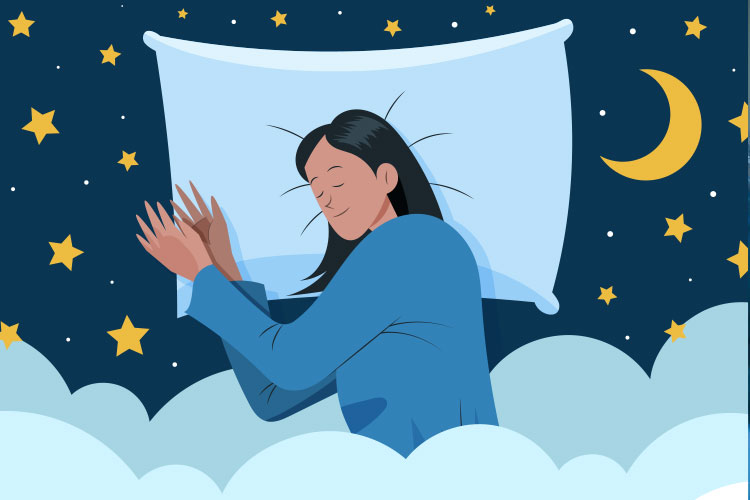Scary Sleep Apnea Symptoms: High Blood Pressure, Chest Pains

Obstructive sleep apnea often contributes to high blood pressure: When breathing stops many times throughout the night, blood vessel walls can become damaged, limiting their ability to regulate blood pressure. Eventually this can lead to other complications such as heart disease and stroke.David first started to worry when his blood pressure shot “through the roof” and he began experiencing chest pains at night. His wife also pointed out that he was snoring and gasping for breath in his sleep. “She’d wake up and give me a good punch,” says the 49-year-old information technology director. Eventually she convinced him to see a doctor and undergo a sleep study.Although continuous positive airway pressure (CPAP) therapy is the most recommended treatment for sleep apnea, David is among a small percentage of patients who can’t get used to the device. But he was well aware of the health risks of sleep apnea and knew he couldn’t ignore the problem.David opted for surgery to shrink his soft palate and remove his uvula; this type of operation can sometimes widen the airway enough so that it doesn’t become obstructed during sleep.Surgery didn’t cure David’s sleep apnea, however. A few months after his operation he and his wife noticed that his snoring was back, and he was again showing signs of sleep deprivation. Now he is pursuing other treatment options, determined to find one that works for him.Next: Read more about sleep apnea, sleep disorders, or heart disease.
